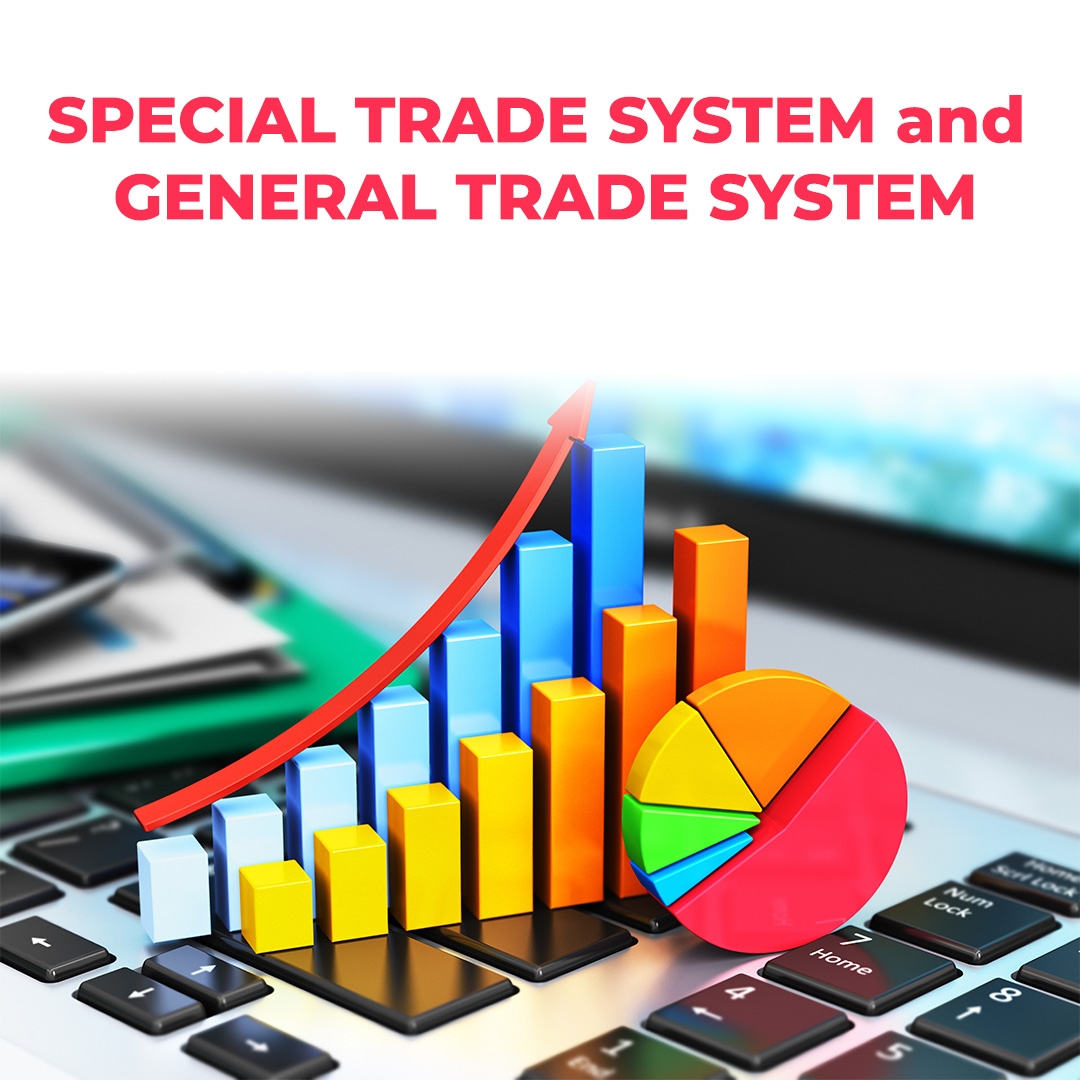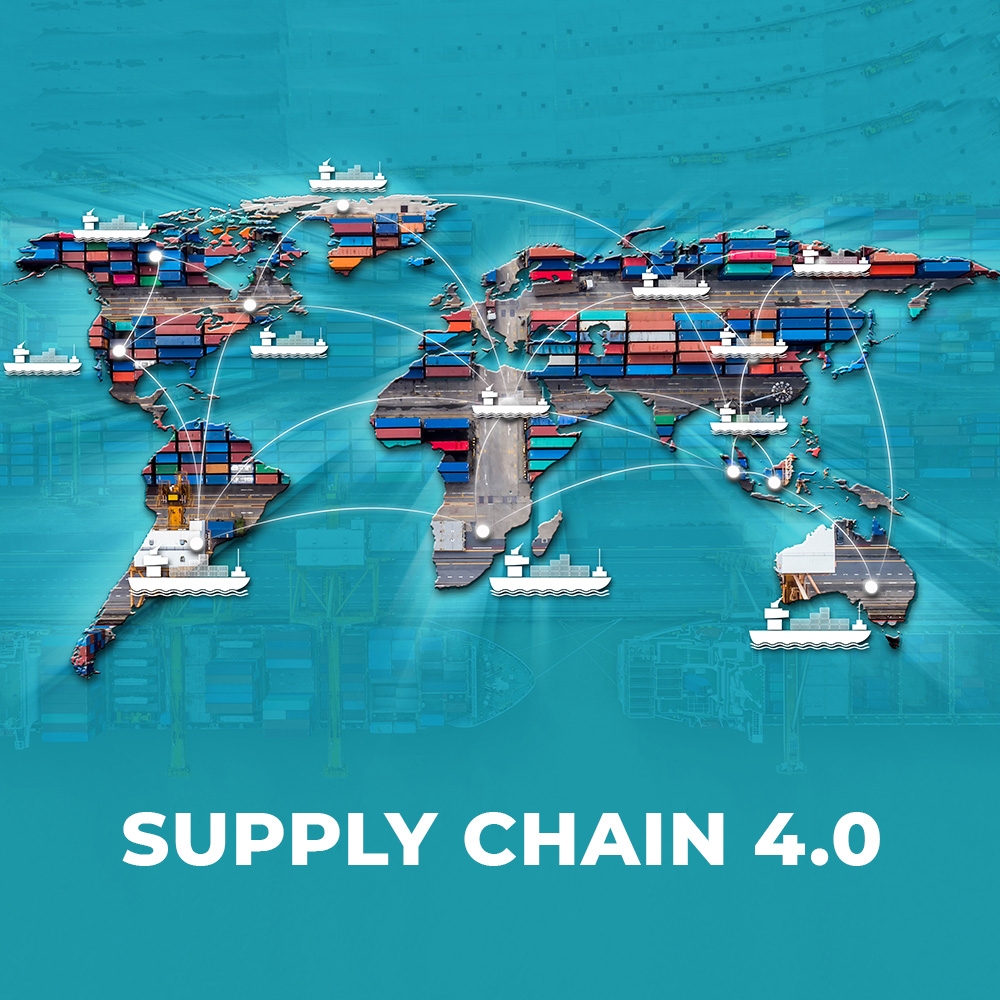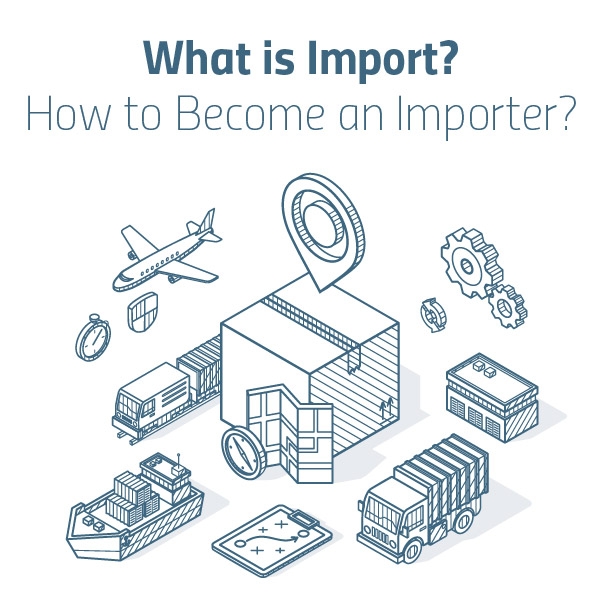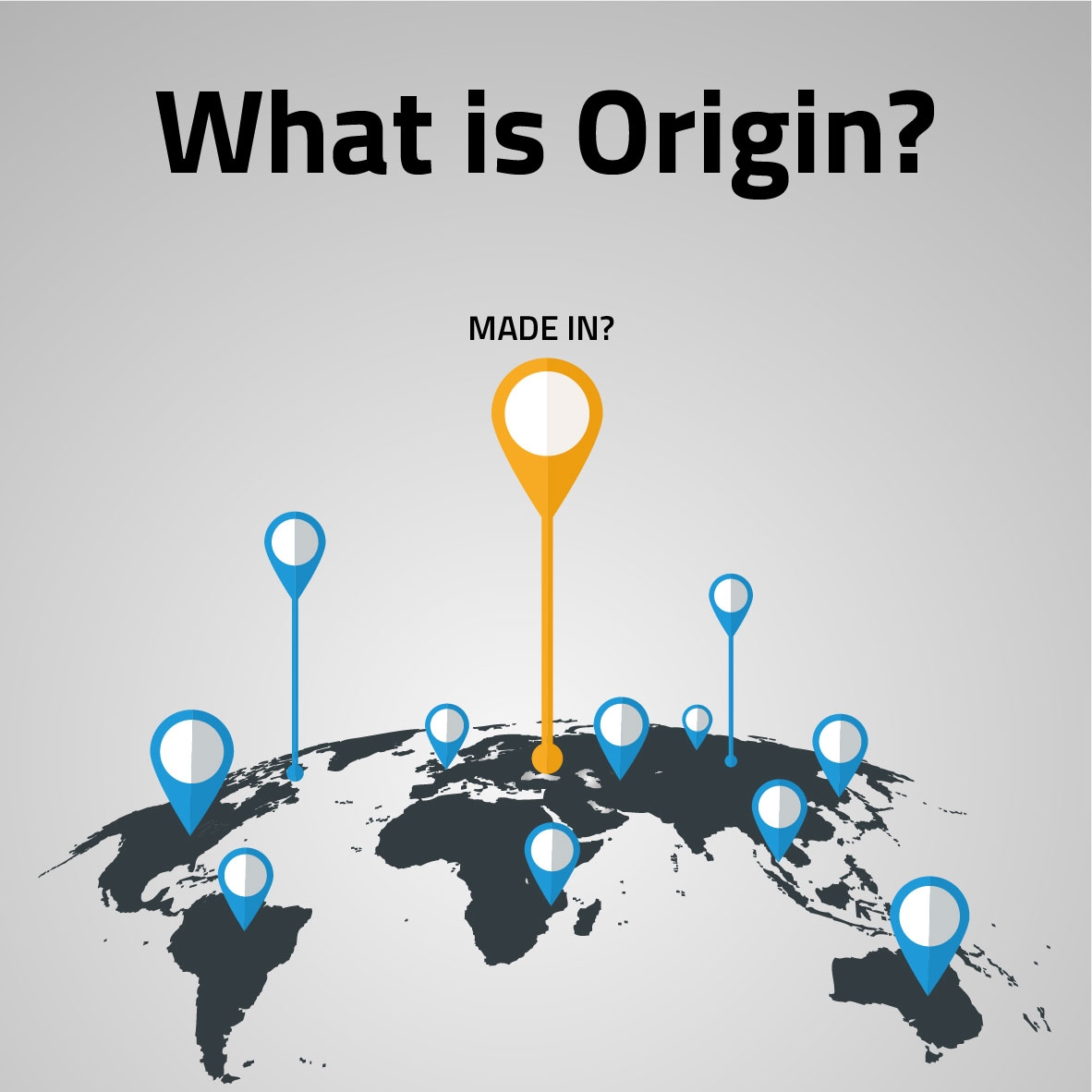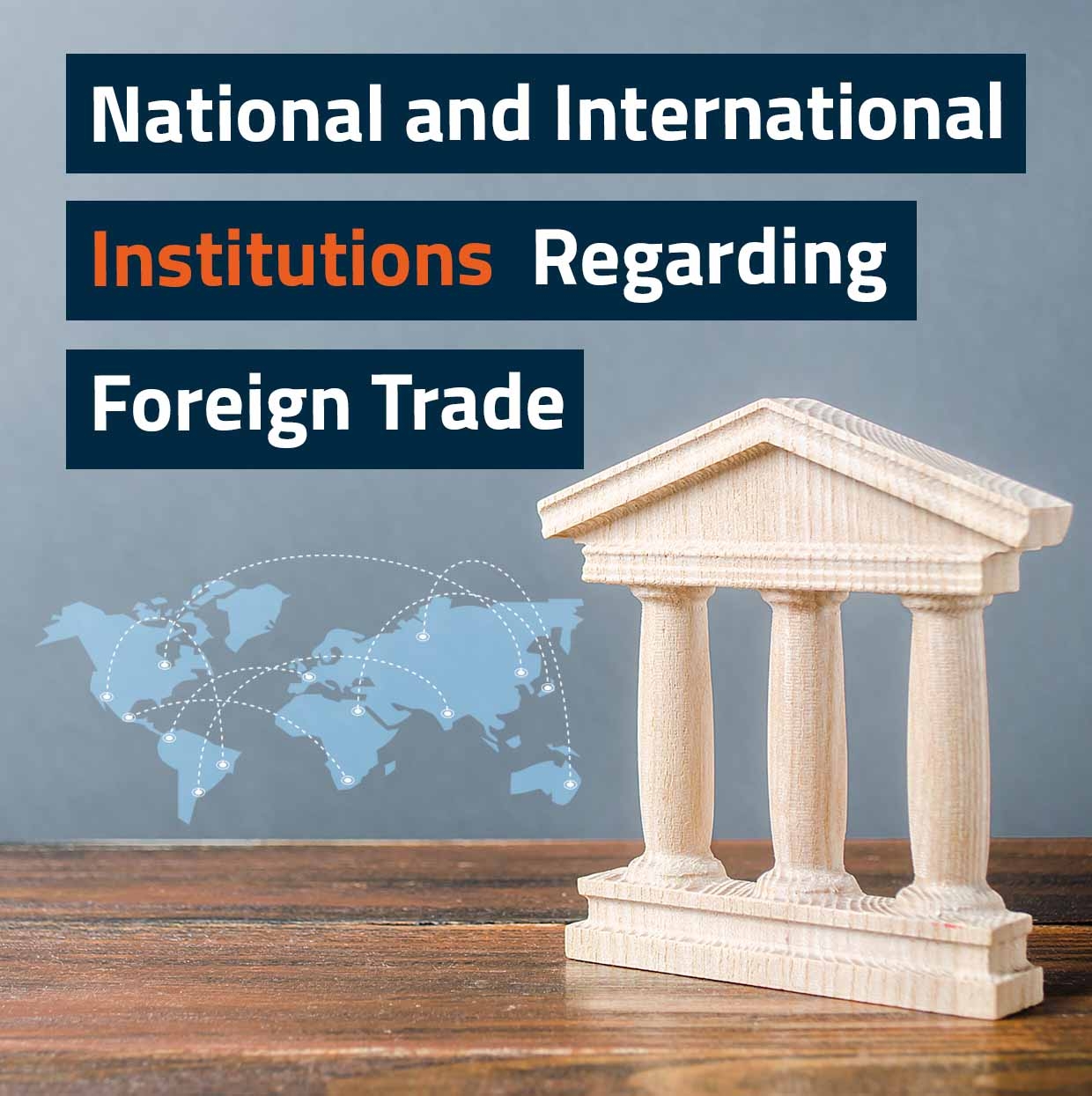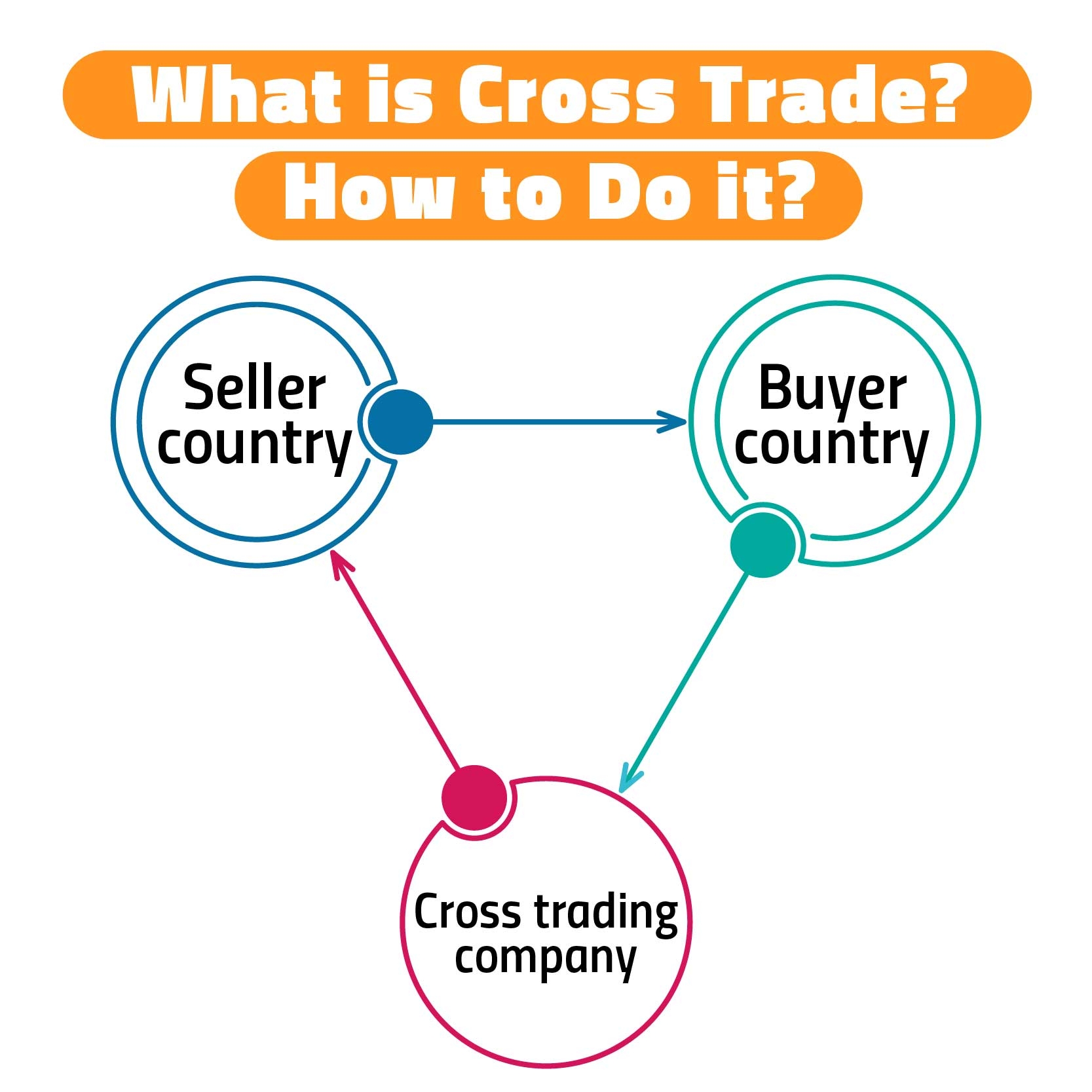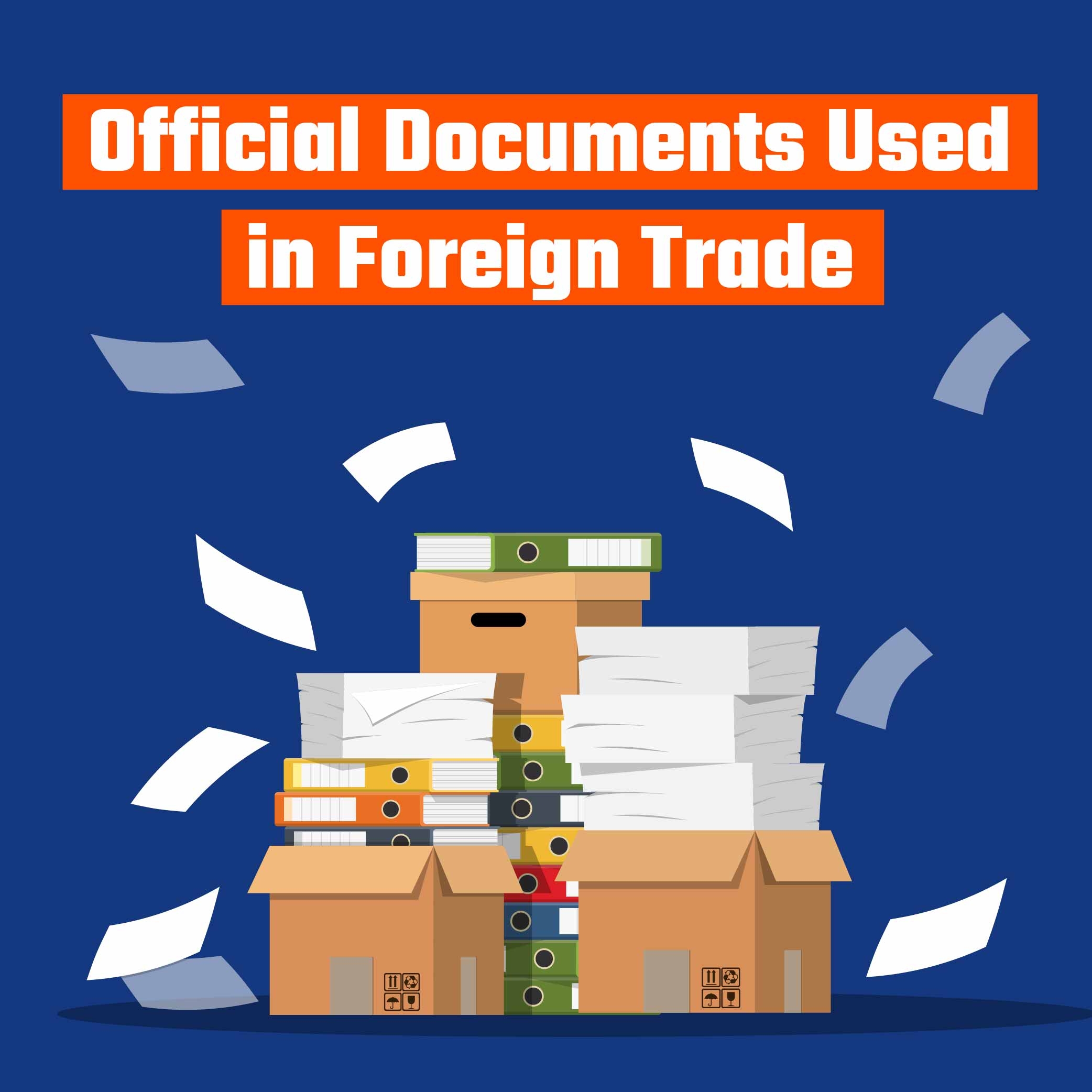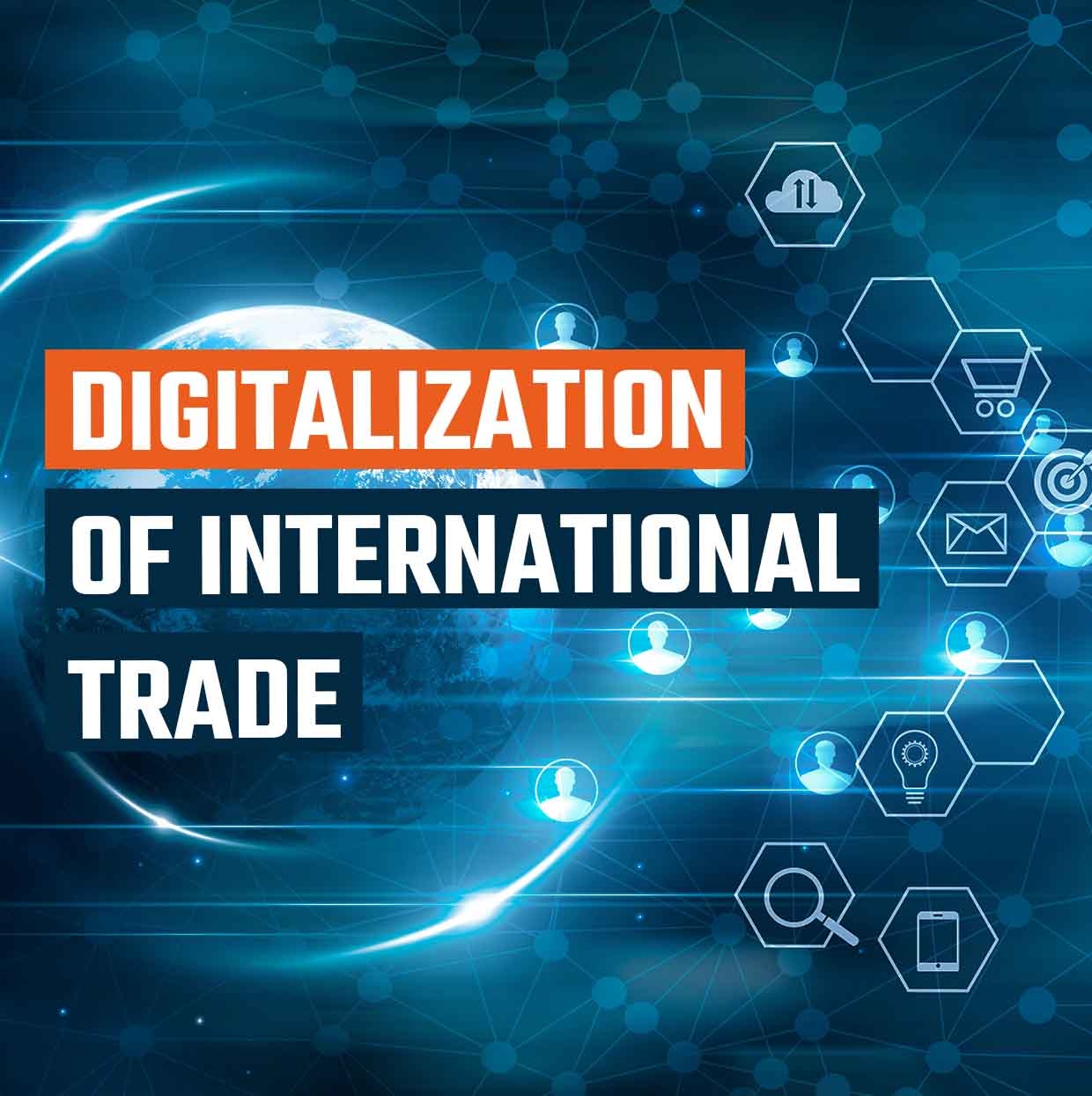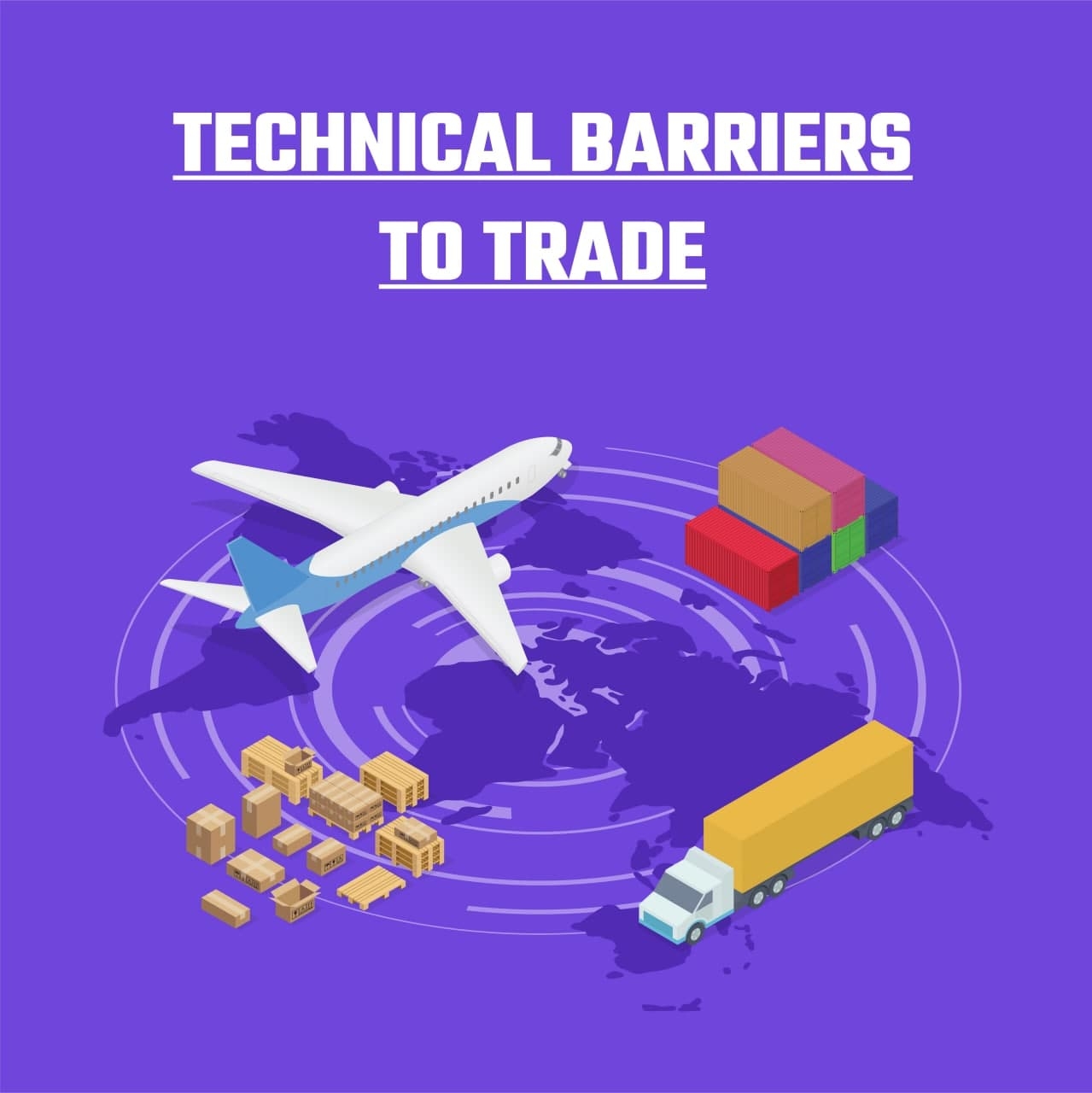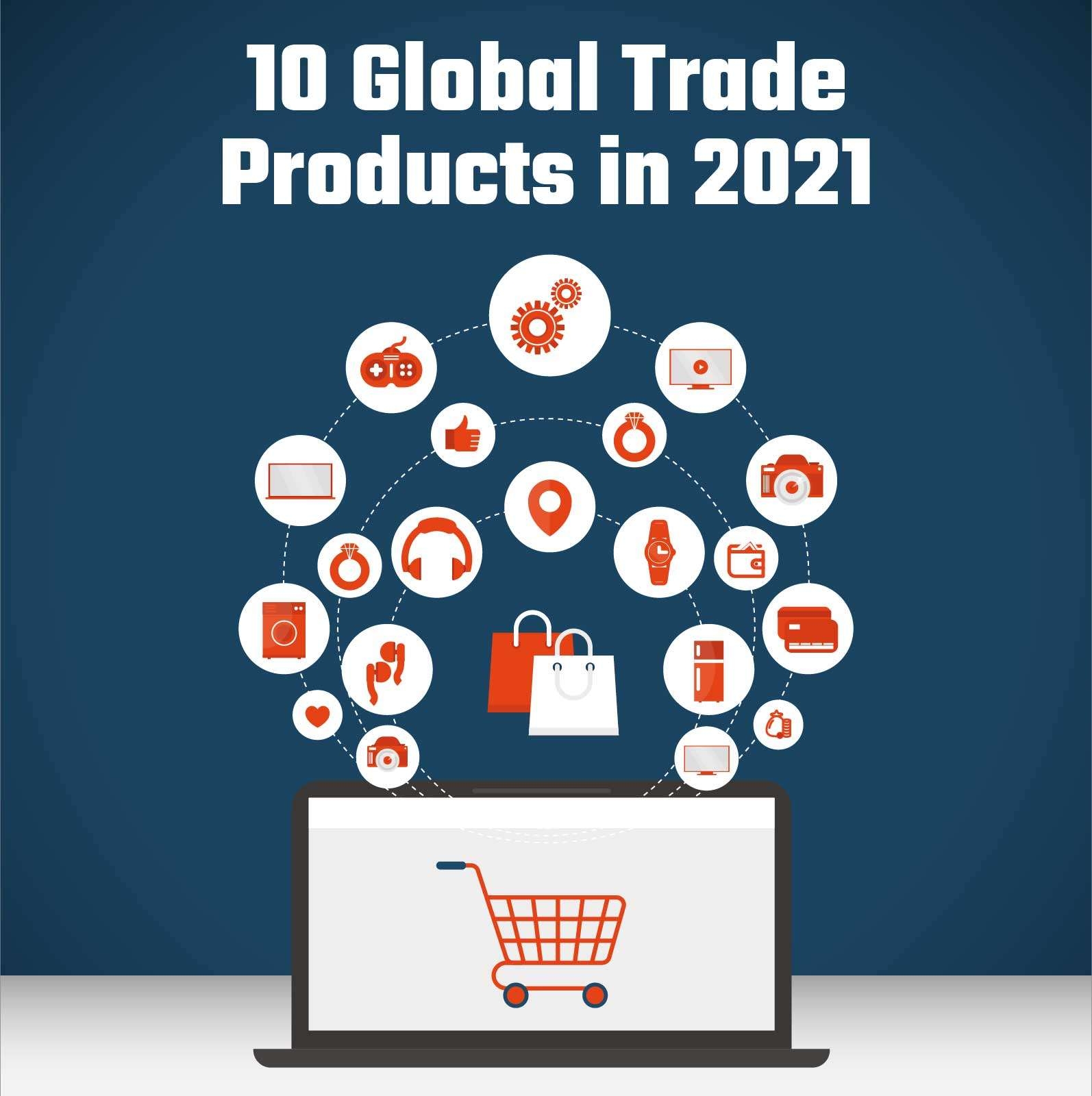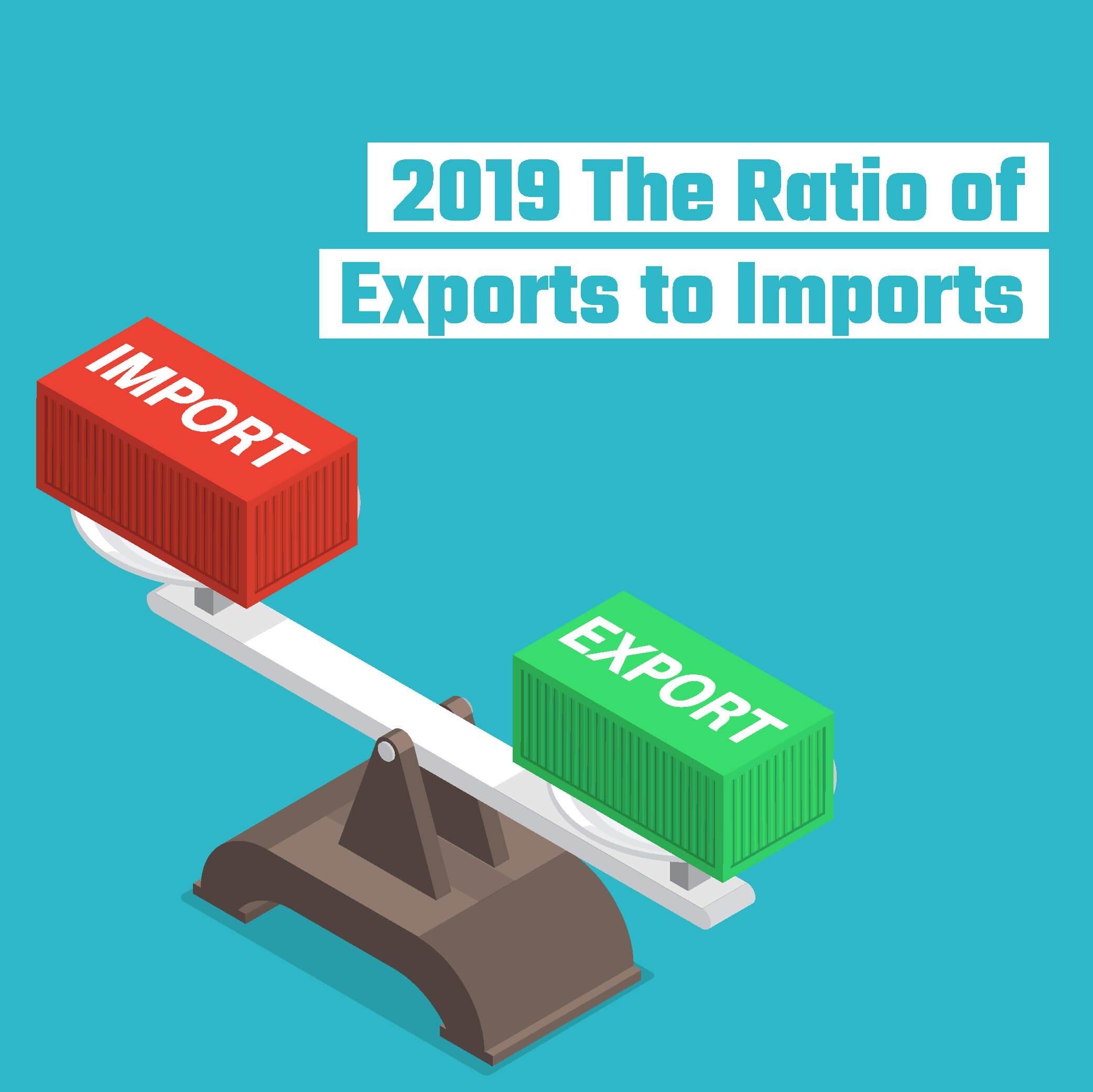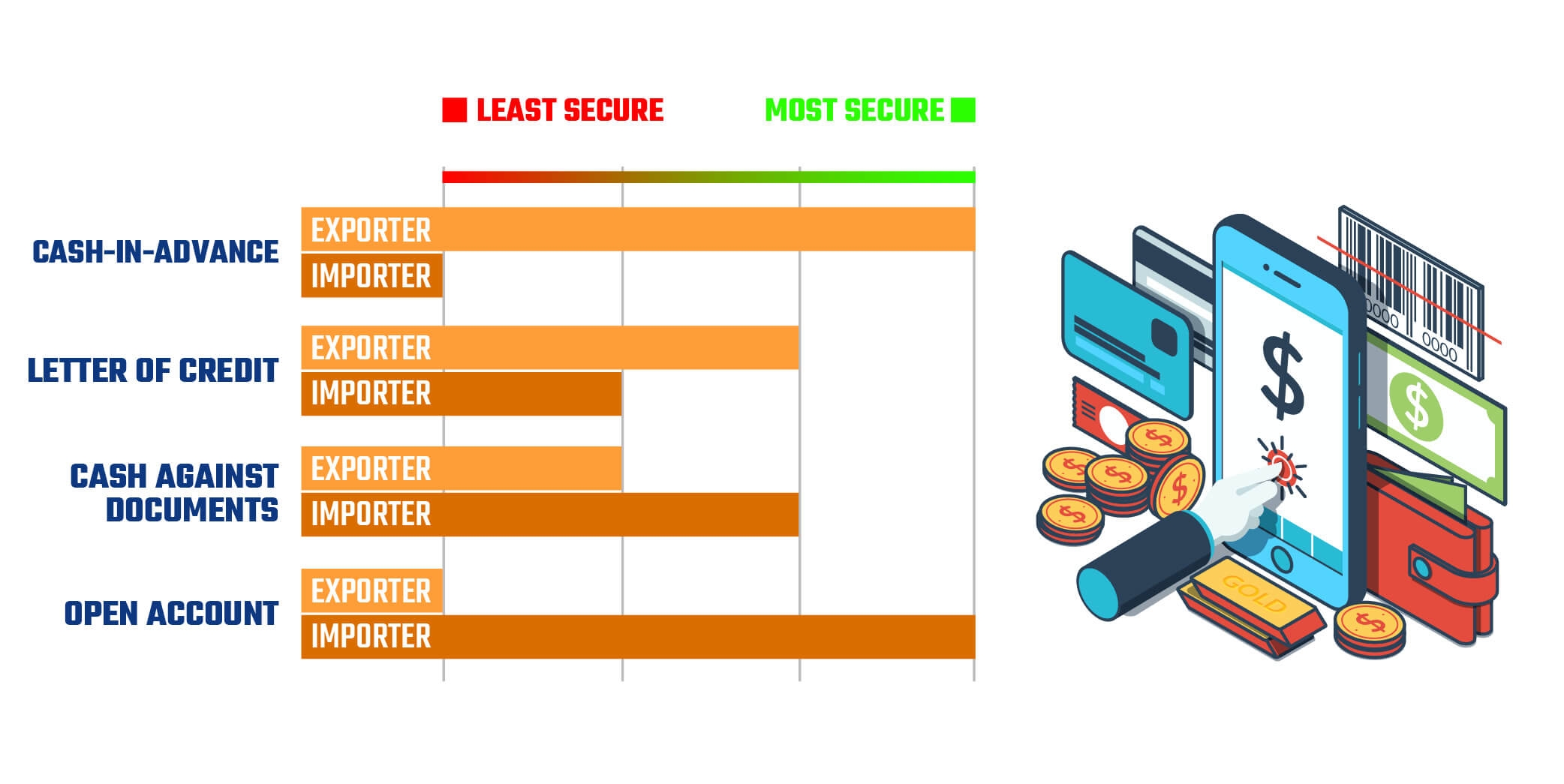Technology,
which have been developing at an increasing rate in the twentieth century, gave
birth to the internet in the last quarter of the century. The internet has
changed the way of doing business all over the world and has completely solved
the communication problem and created new opportunities. With the twenty-first
century, great transformations have started through the internet and
digitalization has been integrated into all areas of life. Commercial
activities have also been affected by this digital transformation, and as a
result, great transformations and opportunities have emerged for entrepreneurs
and businesses.
1.
What is Digital Commerce?
While
there is no single accepted definition of digital commerce, there is a growing
consensus that trade in goods that can be delivered digitally or physically and
involving consumers, firms and governments that includes transactions that can
be performed digitally. The movement of data is the basis of digital commerce.
Data is not only a means of production, but also an asset and a tool that can
be traded on its own. It also directly supports physical trade by facilitating
trade. Data is also at the center of service models that will make new and
rapidly growing business activities such as cloud systems, Internet of Things
(IoT) and additive manufacturing even more efficient.
2.
How Does Digitalization Affect Trade?
Linked
to rapid technological change and digitalization, the Fourth Industrial
Revolution has already had a profound impact on the way we do business. Digital
payments, data flows, and especially cross-border digital service delivery have
also gained momentum with the COVID-19 pandemic. Companies should recognize
digital commerce as an important emerging field with the potential to deliver long-term
gains. Digitalization has increased the scale, scope and speed of commerce. It
allows companies to sell new products and services to digitally active
customers around the world. With the emergence of e-commerce platforms such as
Amazon, e-Bay and Alibaba, international trade has changed dimensions. These
platforms offer manufacturers in every country of the world platforms where
they can sell their goods through digital channels. Thanks to these platforms,
which act as an online marketplace that brings together producers and
customers, producers and consumers trade with relatively low costs.
3.
Digitalization and Business Intelligence
Although
the workforce need for some business areas has decreased as a result of
technological developments such as digitalization and automation, new business
needs often arise. Commercial companies can gain great advantages thanks to
e-commerce sites, and they can access new opportunities that can expand their
business and new information that will allow them to compete successfully with
competitors, thanks to business intelligence. Trade Atlas is a leading
e-commerce platform in the field of business intelligence in Turkey, with more
than 17 million bills of lading documents collected from 230 countries.
Categorizing the data compiled from various official sources in detail, Trade
Atlas offers this data to the companies dealing with export and import.
As
a result of the acceleration of digitalization, trading has become possible
through a computer or phone connected to the Internet. There is no longer a
need to physically see a commodity or physically engage in trade. Again, thanks
to the data science technologies, business intelligence has become widespread
and has created great advantages for companies that can use intelligence
efficiently. In this way, international trade has become accessible with low
costs and many companies have been enabled to take an active role in
international markets.
Trade Atlas is a global importer and exporter
search engine that contains 1.5 billion bills of lading and shipment data of
17.5 million importer companies in more than 230 countries around the world.
Trade Atlas is with you to accompany you in taking steps towards becoming a
more important part of global trade! To be a part of the global ecosystem, you
can register and search for free by clicking here.






